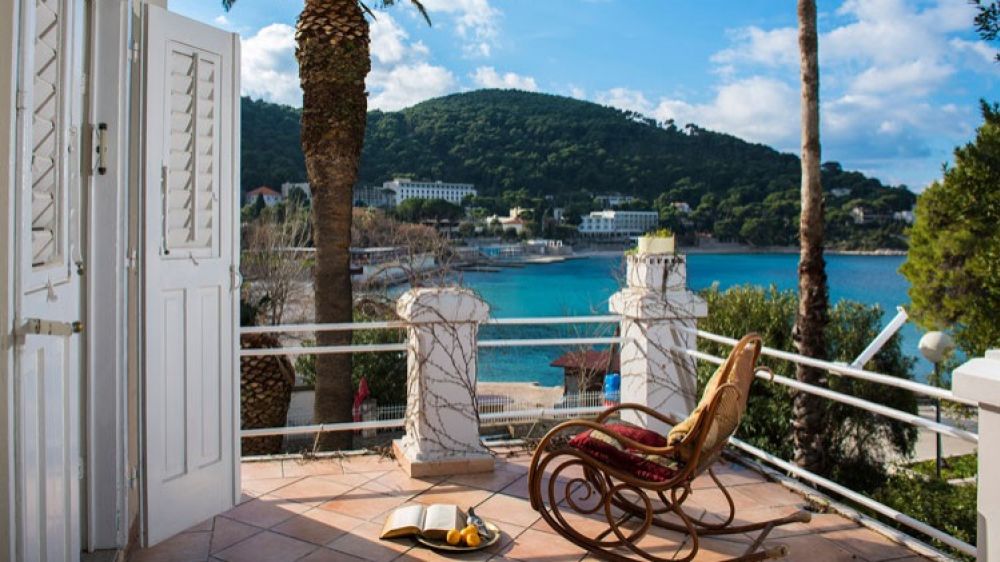Croatia definitely on the radar for Digital Nomads

20.02.2023
Croatia, a country with a dwindling population, has become a hot destination for digital nomads – mostly young, highly educated and rich foreigners. Thousands of them are staying in the country, but the small number of those wishing to stay longer have to be resourceful as the law does not allow a stay of more than one year, reports HINA.
The global number of digital nomads is estimated at around 35 million. According to some estimates, that number is expected to reach one billion by 2035.
Croatia ranks high on the list of digital nomads’ favourite destinations. Even though data vary, depending on the source of information, a survey conducted by the Nomad List platform shows Croatia is globally the most attractive destination for digital nomads.
Croatia is a small country but what it offers is diverse so it attracts different groups of digital nomads, says Jan de Jong, founder of the Digital Nomads Croatia association.
A Dutchman, who lives in Croatia, in 2020 launched amendment of the relevant laws owing to which Croatia introduced, as one of the first European countries to do so, a visa for digital nomads, enabling citizens of third countries to stay in the country for up to one year.
De Jong notes that one of the main reasons why digital nomads come to Croatia, besides infrastructure, which mostly includes the need for a good internet connection and an established community of digital nomads, is the lifestyle Croatia offers, which, in an addition to everything else, is very affordable.

At the end of January 2023, there were 595 valid visas for digital nomads in Croatia, according to data from the Ministry of the Interior, however, that figure is much below the actual number of digital nomads staying in Croatia because it refers only to third-country citizens staying here for more than three months.
To get a complete picture of the situation, one should take into account EU citizens, who move freely throughout EU territory, including Croatia, without time limitations, as well as the large number of digital nomads from third countries staying in Croatia for less than a month.
The Ministry of the Interior says that it does not keep a record of the latter two categories of digital nomads, so their number can only be estimated.
Meanwhile, after Croatia was one of the first European countries to introduce visas for digital nomads, other European countries have followed suit.
In addition to the basic requirements, such as remote work or self-employment and a certain minimum monthly income, which in Croatia amounts to €2,300, while in Iceland it is more than €6,000 – the visa for digital nomads also regulates the longest allowed stay in the country.
Croatia is one of the countries with more restrictive rules because if a digital nomad likes the country and wants to stay for more than a year, they must leave the country for at least six months in order to be able to apply for a visa again.



